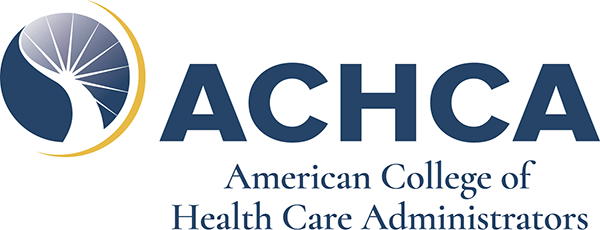For too many years “senile” just meant old without being pejorative. Even “geriatric” was originally a value-free term rather than part of the lexicon of contempt toward old people. Yet today, the language used to describe the changing age makeup of the elderly population is short of an apocalypse.
Older people are likely to be seen as a burden and a drain on resources. Their only contribution, it seems, is to make worse the “dependency ratio,” a term that enshrines dubious assumptions about who will be financially dependent on whom.
Social bias is real! When a large sample of Facebook groups, 20-29 years old, were interviewed by a team of Yale Public Health students and professionals, three quarters of the groups were found to denigrate old people. More than a third advocated for banning old people from any public activities because of a mis-perceived belief that old people are incapable of handling any public activities.
Such “gerontophobia” is harmful because society tends to internalize it. This is ageism that can be described as “prejudice against one’s future self.” These prejudices adversely affect becoming and/or being old already. It deprives us of our passions, abilities and experiences and is infused with frailty and a mental decline.
There is a false belief that we, as a society tend to mentally absorb our waning powers which turn out to be self-fulfilling. In effect, our culture continues teaching us how to be old to our detriment.
Case Study: Prior to the pandemic I was regularly attending a gym where I worked out several days a week. While exercising, I overheard several men who were discussing their past experiences in the military. As I was also a veteran of the US Air Force, I decided to join the conversation. At one point of our discussion, a former marine turned to me and said, “Boy, you are old, really really old,” and in a rather derogatory tone. I must have been in the mid-eighties at the time.
I turned to him and asked him his age. He replied, rather sarcastically, sixty-three! My response was, “Tell you what, when you achieve my current age, give me a call.” As I left the gym I wondered whether he would ever reach my present age and beyond. I suppose I will never know. What I was attempting to convey to him was that not all men of his age always reach the 90s. Nurture what you currently have for the years ahead. However, as important as my chronological achievement, there is also the achievement of continued involvement with loved ones, marriages, babies being born and watching them grow, attendance at family gatherings, bar mitzvah celebrations, and holiday gatherings with family. What I was conveying to my marine friend was the potential he has for a future that could be liberating with tangible opportunities and accomplishments. While on the negative side, I repeat simply, “the prejudice that is against one’s future self.”
So, the next time someone speaks of “the old” in tones that suggest an inevitable decline with an air of perpetual unhappiness, you may want to relate to them a study I recently read on the subject of happiness and growing old. The study found that as a society we mis-predict happiness, over the course of our lives. This is a phenomenon where we’ll be more unhappy as we age. In fact, the research shows that the opposite is true.
Aging is the great liberator! What is meant by this statement suggests how importantly we grow into old age. We tend to experience life more intensely with whatever limitations we acquire over time.
The question we should all be asking is why do we falsely associate growing old with a sense of unfounded fears, unrelieved anxiety, and loss. At the same time, we should think of the lifetime achievements of accumulated experiences, wisdom, and physical and mental growth. We also tend to invest so much in cultivating our youth and the next generation. Why not take some of what we’ve learned and begin adapting this approach to the elderly adult as a healthy shift in our culture’s collective mindset.
The older adult population is expected to balloon at an unprecedented rate over the next several decades. Now is the time to act. By 2030, the US population of older adults will double. Baby boomers, a generation numbering 80 million, will be or are already over age 50.
Betty Friedan, to whom many attribute the spark that set the flame to the feminist revolution, predicted a similar transformation in the consciousness of the older person and their role in society, that would, over time, blossom. She made that prediction some thirty years ago in her book The Fountain of Age. She also declared that “aging is not a problem but an adventure.”
The researchers Carlson and Crowley state, “The essence of aging and growing old has always been for those who remain functional and reasonably healthy.”
The esteemed rabbi and philosopher, Abraham Joshua Heschel, proclaimed, “The test of a people is how it behaves toward the old.”
Friedan, Carlson, Crowley and Rabbi Heschel all agree in some fashion or another, that growing old requires an enormous undertaking and collective action on the part of society’s participation.
Quotable Quote: “Life itself is an opportunity for reconnection every day. An opportunity to reinforce our relationships with our loved ones whether young or old. Life is also a connection with our creator by seeing the beauty in every day.” Rabbi Yonah Weinrib



